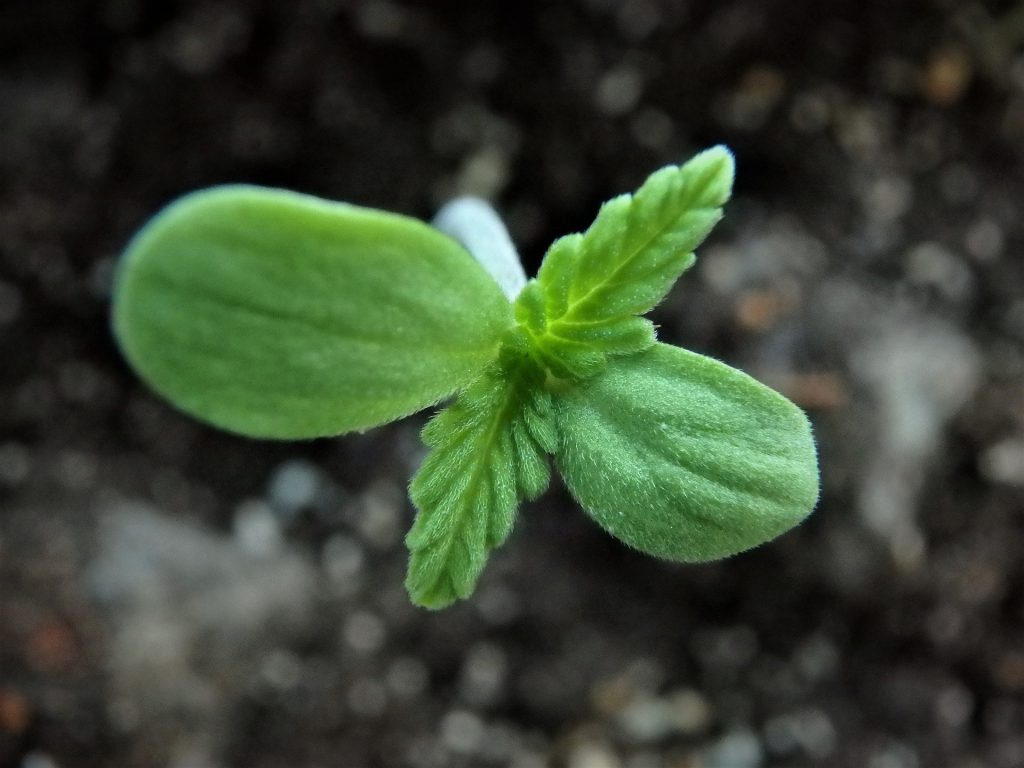Budding cannabis businesses have a variety of licence classes and subclasses to choose from. One of these is the nursery designation, which provides a unique opportunity for those interested in cannabis genetics to develop new varieties of high-quality cannabis and to then sell those strains to other cannabis producers who in turn will grow them into finished products.
Under the Cannabis Act, a nursery license permits a company to develop cannabis and hemp genetics to produce seeds, seedlings (starter plants) and clones. They can then sell and distribute cannabis plants or seeds to other license holders such as cultivators, processors, or researchers. For seed production, total surface area must not exceed 50 square metres. A maximum of 5 kilograms of flowering heads are allowed (with the exception of seeds), and they must be destroyed within thirty days of harvest. In other words, nursery licenses do not permit the cultivation of finished product (such as dried flower) for commercial resale. All of the information needed to apply for a nursery license can be found in the Cannabis Licensing Application Guide from the Government of Canada.
Read more: Canadian Cannabis Update Mid-2019
One of the biggest barriers to Canada’s cannabis market in the early stages has been a lack of available genetic variety. Previously, genetics were only available from licensed producers or authorized suppliers of seeds, so the nursery license allows for more diversity in plant genetics. At the time that a producer applies for a license, they are given a one-time exemption under the Cannabis Act to bring illicit plants and seeds with them into the legal system, so long as the illicit strains are declared to Health Canada at the time the producer submits their licence application. This is a unique opportunity for nursery producers to gain access to an almost-infinite variety of strains.
Nursery licenses may appeal to small business entrepreneurs and provide an opportunity for them to differentiate from large-scale producers by improving the quality of cannabis product. It is also an option allowing those with spare industrial space or farmland to enter into the cannabis business without having to comply with the myriad of requirements that standard cultivation (LP) license holders face. From a warehouse in Calgary, to a farm in Ontario, to a winery in BC, there are many locations where a nursery facility could be built.
Read more: Cannabis Companies Face Cross-Border Exposures if They Want to Grow
Many prospective nursery cultivators are often surprised by the depth of the requirements under the Cannabis Act in order for them to obtain their license. Part of these requirements includes a strong focus on risk management, so applicants will likely benefit from outside experts. For insurance and property or liability related risk, the cannabis team at Fuse Insurance is here to help applicants understand the numerous steps in properly insuring the construction, testing and eventual operation of a nursery facility.
Coverage includes property insurance, liability insurance, product recall insurance and other insurance products designed to protect the investment and growth of this new industry. Insurance for Cannabis nurseries is generally only available from the same few insurers that serve the rest of the Canadian cannabis industry. Fuse Insurance is a cannabis leader in Alberta, British Columbia and Saskatchewan and works with all Canadian insurers providing insurance coverage, so we are able to broker the best insurance program for your nursery business.
Read more: Product Recall Insurance for Cannabis Companies
Fuse Insurance Ltd. is the evolution of the commercial insurance brokerage, and the first of its kind in Western Canada. Backed by policies from a selection of A-rated insurers, Fuse Insurance can provide coverage for businesses large and small from almost any industry. For further information or to get an online quote now, click here or call us at 1-866-387-FUSE (3873) for more details.
